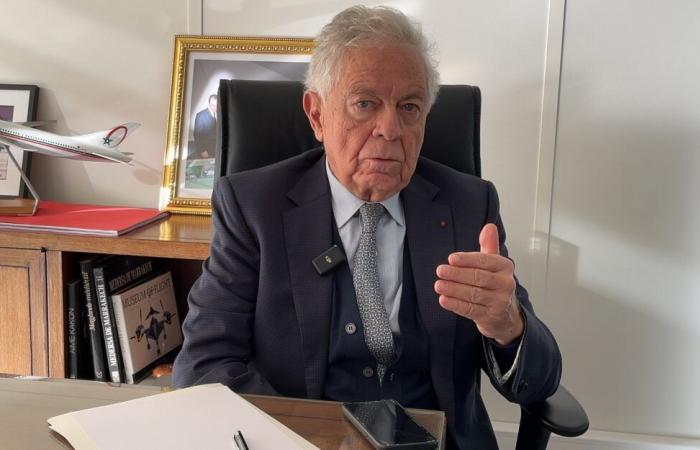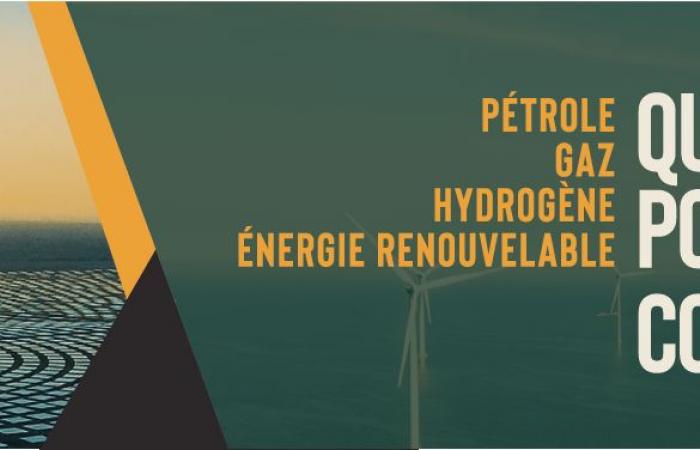
Over the past two decades, Morocco has established itself as a key player in the aeronautics industry on the African continent and beyond. This success is largely attributed to strategic initiatives and significant investments in state-of-the-art infrastructure. In this interview, Hamid Benbrahim, expert and director of the Midparc industrial zone, shares his analysis of the factors that contributed to this success, the technological and ecological challenges facing the industry, and future prospects for the aeronautics sector. in Morocco.
What factors allowed Morocco to become the aeronautical leader in Africa, and what role does Midparc play in this success?
Our country has been able, in the space of 20 to 25 years, to become an essential and essential base in the context of global aeronautical construction. The development strategy of this sector is based in particular on the attractiveness of our base, through the diversity of its ecosystem, its competitiveness and the value of talents. Gradually, we gained competence. We started at the bottom of the industry with electrical systems and today we are in aircraft engines with Safran and Pratt & Whitney. We are in engineering. Just recently, Boeing signed a very important agreement in the field of technological research with the Mohammed VI Polytechnic University.
Read also|Rachid Yazami revolutionizes battery charging: China validates his innovation
Thus, Morocco has been able to gradually increase its skills, value and competitiveness, and to date attract more than 160 companies, including world leaders, but also benchmark SMEs, with differentiating technologies that bring added value to the Moroccan aeronautical ecosystem.
Two key factors explain this success, which makes us today, by far, the leading aeronautical base in Africa: Midparc and the IMA. The IMA is the talent factory. This innovative project, launched 13 years ago in collaboration with the State, is based on work-study training adapted to the needs of manufacturers, who are directly involved in training. The second flagship measure put in place 13 years ago is the creation of Midparc. This integrated platform, developed with Caisse de Dépôt et de Gestion, is specifically dedicated to meeting the needs of manufacturers.
How does Midparc adapt to the technological and ecological challenges of the aeronautics sector?
The main challenge for our industry is for air transport to emit zero carbon emissions by 2050. This means that aircraft manufacturing, by then, will have to meet the requirements defined by IATA. To meet these requirements, it is imperative that planes consume less and use organic energy, with the eventual integration of hydrogen, planned between 2040 and 2045.
We, at Midparc, are fully committed to this vision. To meet these requirements, Morocco has been able to attract major players in the field of aircraft engines, which are at the heart of the technological transformation of the sector. It has also developed an ecosystem in the field of composite materials, essential for lightening aircraft and reducing their energy consumption.
What are your prospects for the development of the aeronautical sector in Morocco and the competitiveness of Midparc?
This is a great question to kick off this year. We are operating in a sector where we were not expected around twenty years ago. However, today, I would say that the Moroccan aeronautical platform has become essential. I tend to say that the best is yet to come.
We are seeing an acceleration in requests and establishments in Morocco. At the end of this year 2024, we are seeing growth of around 17-20%. The business volumes forecast for Midparc in 2025-2026 are three times higher than those of a normal year. It took us 25 years to reach $2.6 billion to $2.7 billion in aviation exports. Before 2030, we estimate that this amount will have doubled.
Today, once again, the Moroccan base is essential, and the Midparc platform is experiencing accelerated development, with major projects underway. As I mentioned, the best is yet to come.
Comments collected by Rachid Mahmoudi










